This post contains affiliate links. Please see our disclosure policy.
Learn the differences of collagen protein vs whey protein to understand the unique benefits of both, and why you may want to incorporate both into your routine. After decades as a fitness instructor and women’s health coach, I’m going to break down the protein powder combination that works best for me.
Both collagen and whey proteins are beneficial to your joint and muscle health (especially if you exercise often). But, women ask me all the time, what exactly is the difference between collagen protein vs. whey protein?
The main difference between collagen and whey lies in the amino acid profile. Each contains different profiles of amino acids, meaning you will receive different benefits depending on which one you take.
I will mention right away that I use collagen AND whey protein powder every day.
I’m going to explain both protein sources, their benefits, and why I take each of them as a post-menopausal woman.
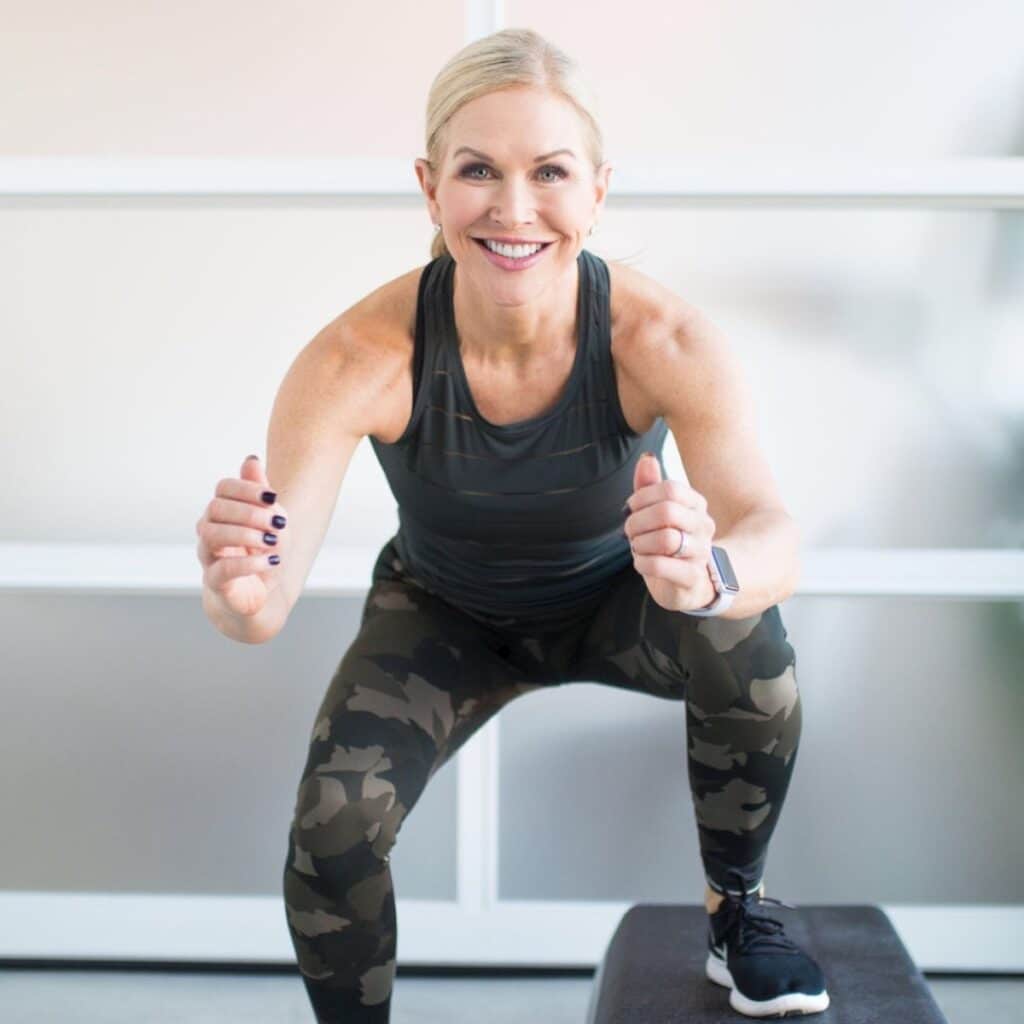
Save This Article To Read Later
Collagen Protein vs. Whey Protein: What’s the Difference?
Both collagen protein and whey protein offer substantial benefits. The main difference between the two comes down to their amino acid profiles.
Check out the example below (remember that 1,000 milligrams are equivalent to 1 gram):
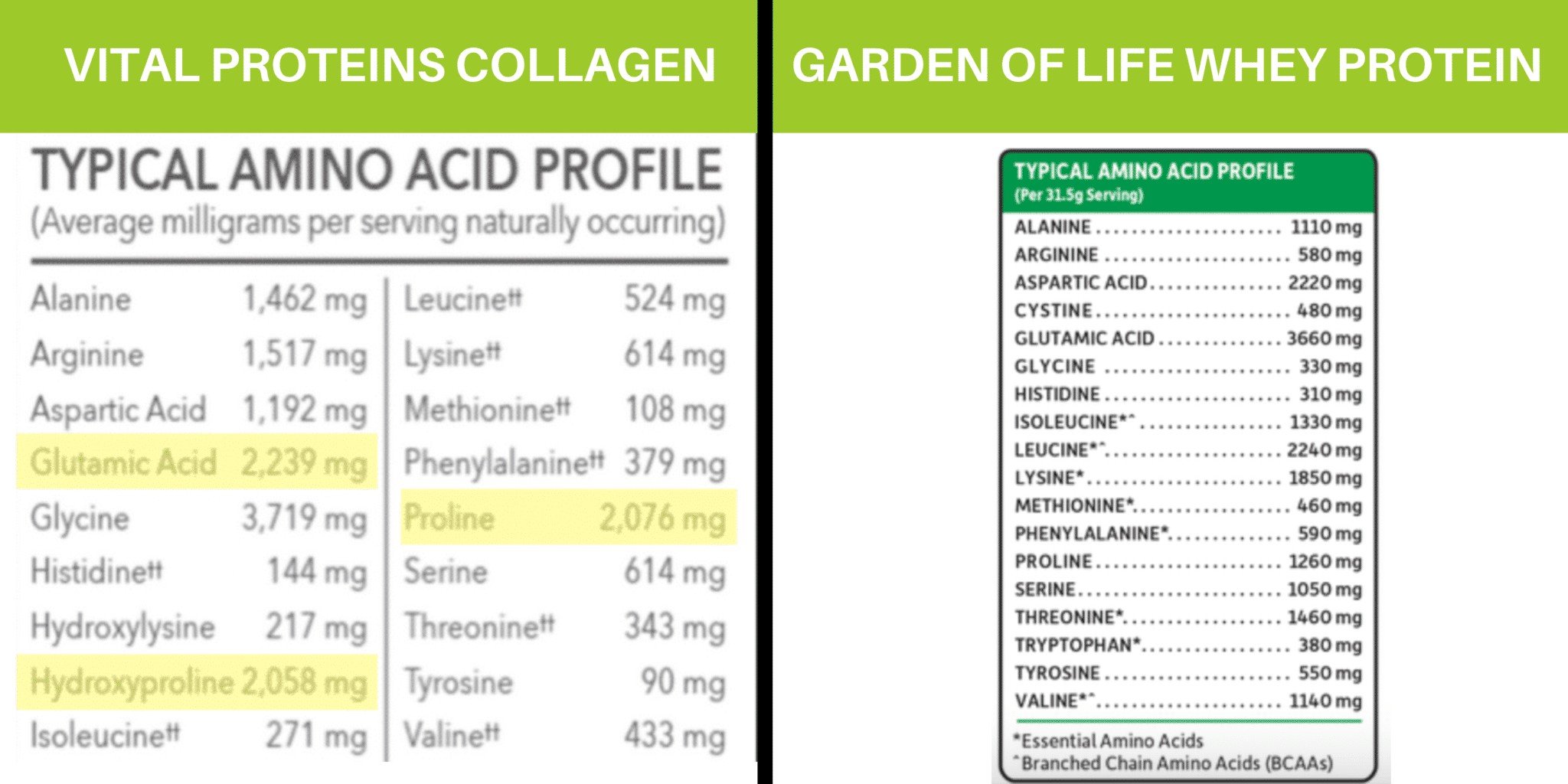
Here, Vital Proteins Collagen contains a high value of glutamic acid (2.2 grams), hydroxyproline (2 grams), and proline (2 grams). These particular amino acids primarily benefit your hair, skin, and nails.
On the other hand, Garden of Life Whey Protein contains a high value of isoleucine (1.33 grams), leucine (2.24 grams), and valine (1.14 grams), which are very beneficial for muscle recovery.
Additionally, collagen contains eight out of the nine essential amino acids, as opposed to whey which contains all nine.
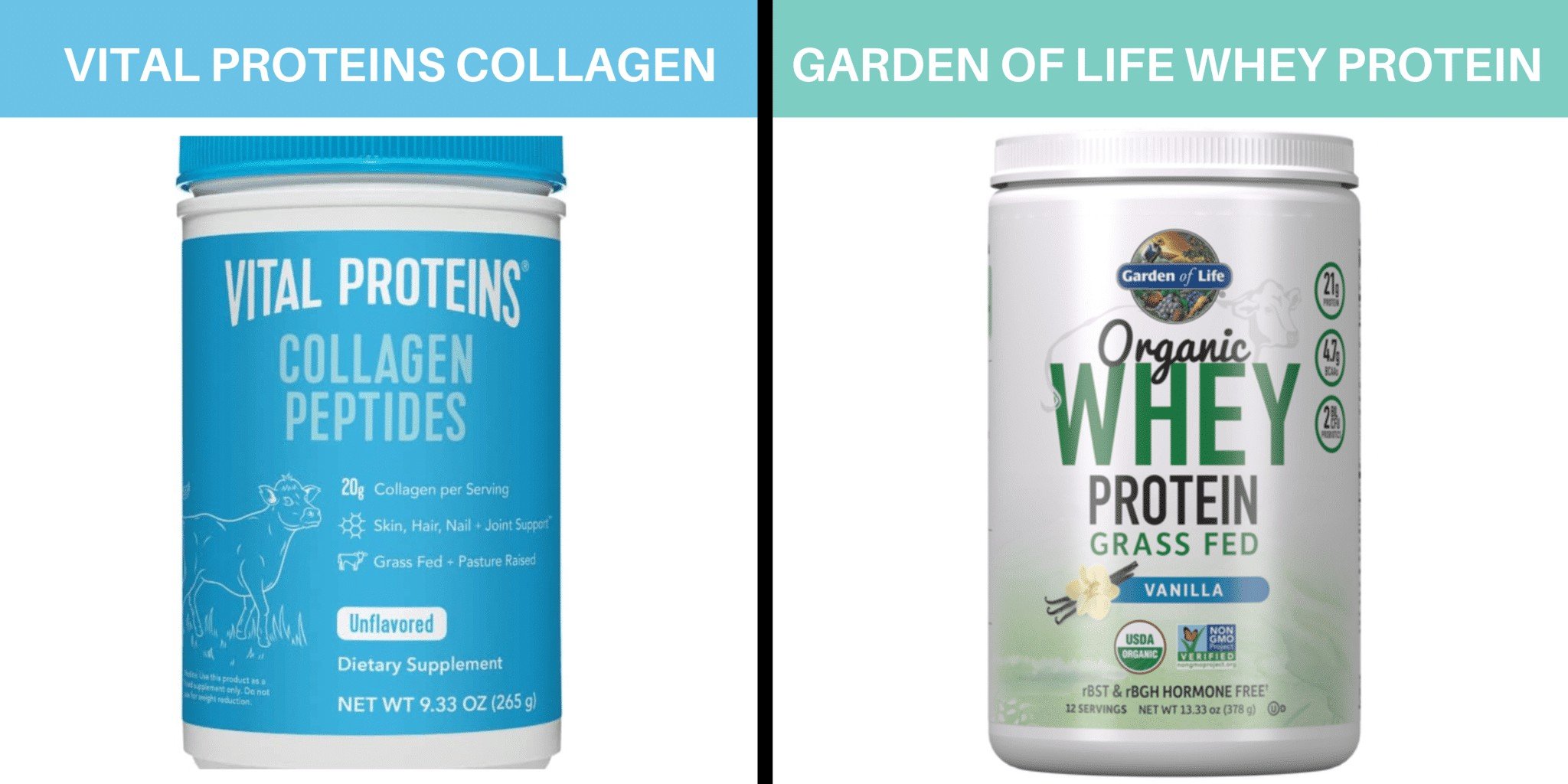
Overall, collagen and whey proteins both offer great health benefits. Whichever one you choose should be based on your own personal needs.
| Whey Protein | Helps boost muscle growth and help muscle recovery after a workout. |
| Collagen Protein | Helps ease joint pain or improve your skin, hair, and nails. |
The good news? You can take collagen and whey protein simultaneously to maximize their combined muscle and joint benefits. This should boost your overall health and nutrition.
What is Collagen?
Collagen is the most abundant protein in your body, making up around 30 percent of your total body protein and 70 to 80 percent of your skin. It helps your body form the connective tissue found in your skin, bones, muscles, tendons, and cartilage.
Collagen helps these body parts stay strong—without it, they lose elasticity and the ability to function properly.
The collagen protein, which is naturally produced by the body, is made up of 18 beneficial amino acids—the molecules that combine to form proteins. Three key amino acids found in collagen include glycine, proline, and hydroxyproline. They account for 57 percent of its total amino acids.
The reason they are so important? Amino acids are the building blocks of protein, which your body needs to maintain functionality and good health.
Along these lines, you may be wondering—what are collagen peptides?
Collagen peptides are basically collagen protein in a more broken-down form. They are small pieces of animal collagen that are more easily digestible. Often, the two phrases “collagen peptides” and “collagen proteins” are used interchangeably.
The Natural Decline in Collagen
Collagen production starts declining as we age. If you are perimenopausal or postmenopausal, you’ll want to read this! Collagen supplements can help maintain younger-looking skin and healthy joints.
Studies show that women’s skin loses about 30% of its collagen during the first five years of menopause. After that, the decline is more gradual. Women lose about 2% of their collagen ever year for the next 20 years.
As collagen diminishes, our skin loses it firmness and begins to sag.
A decrease in collagen can lead to wrinkled or sagging skin, hollowing of the eyes, weakened muscles, stiffer joints, digestive issues, and problems with blood flow.
Of course, supplements are also a popular option among those looking to boost collagen production.
Benefits of Collagen Protein Supplements
Collagen peptides are essentially broken down forms of collagen responsible for maintaining the strength and elasticity of your skin, hair, nails, joints, and more.
As I mentioned, as we age, our natural collagen production declines. This leads to wrinkles, joint pain, and other signs of aging. Collagen peptides are derived from animal sources such as bovine or marine collagen. They are hydrolyzed, meaning they’re broken down into smaller, more easily digestible molecules.
One of the primary benefits of taking collagen peptides is their ability to support skin health. Studies suggest that collagen supplementation can improve skin elasticity, hydration, and overall appearance. It can reduce the appearance of wrinkles and promoting a more youthful complexion.
Another benefit of collagen peptides is to support joint health. It does this by promoting the production of cartilage, the connective tissue that cushions joints and prevents friction. This can help reduce joint pain and stiffness, particularly in individuals with conditions like osteoarthritis.
Collagen peptides may also benefit hair and nail health, promoting stronger, thicker hair and reducing brittleness and breakage in nails.
I add a scoop of collagen powder to my AG1 greens every morning and shake it up. For me it’s the easiest way to stay consistent. However, many women tell me they add it to their coffee or smoothie.
Just remember that collagen supplements are not a magic bullet. They work best when combined with a healthy diet and lifestyle.
What is Whey Protein?
Milk is comprised of two proteins: whey and casein. Whey is the liquid left behind during the cheese-making process. It is extracted and concentrated into a powder, which can be found in protein supplements such as shakes, drinks, powders, gels, and energy bars.
Whey is a fast-absorbing protein that contains all nine essential amino acids your body needs to maintain good health. It helps with building muscle, repairing tissue, and boosting your immune system. It also offers the highest concentration of branched-chain amino acids (BCAAs) of any protein supplement.
These are important for muscle growth and maintaining lean muscle tissue, and include leucine, isoleucine, and valine.
Again, if you are in perimenopause or are post menopausal, whey protein powder may be a great way up to increase your daily protein without adding lots of extra calories.

Types of Whey Protein
The two most common types of whey protein include whey protein concentrate and whey protein isolate. It is often said that isolate is easier to digest, but it ultimately comes down to personal preference.
Whey isolate is further processed to remove most lactose. It’s typically the best option for those with lactose intolerance.
Benefits of Whey Protein Supplements
Whey protein powder has always been a popular choice among people who work out regularly. The benefits of taking a whey protein supplement include muscle building (thanks to those BCAAs we mentioned earlier), wound healing, and boosting overall nutrition.
It is also a great option for aiding in muscle recovery and repair. Whey protein can be used anytime of day but if working out, there is great benefit in taking within two hours after completing a workout.
A study published in Nutrition & Metabolism suggests that whey protein may even aid in weight loss, as participants lost more body fat and sustained more lean muscle compared to those who did not use whey. Other research indicates whey protein may help lower cholesterol, improve asthma symptoms in children, and reduce blood pressure.
I put together a guide on my favorite protein powders to help you narrow down the right fit for you.
| Product Image | Product Name | Primary Button |
|---|---|---|
FAQs
Whey protein isolate has been further processed to remove most of the lactose and fat content, contains 90 to 95 percent protein by weight, and is said to be easier to digest.
On the other hand, whey concentrate contains 70 to 80 percent protein by weight, contains more lactose, and is higher in fat and carbs. That said, both are great sources of quality protein and your choice between the two ultimately comes down to personal preference.
Collagen supplements can be taken at any time, whereas whey protein supplements should be taken within two hours post-workout in order to receive the most benefit.
Essentially, collagen peptides are just a broken-down form of collagen protein. Also known as hydrolyzed collagen, peptides are fragments of animal collagen broken. Collagen and collagen peptides are both found in supplements. Collagen peptide supplements are more common since they are easier for your body to absorb.
Yes, taking collagen and whey protein every day is considered safe. That said, you should always speak with your doctor before starting a supplement regimen.
Yes! There are great collagen options for vegans, including Purity Products Vegan Collagen Builder tablets, and Rae Wellness Vegan Collagen Boost Powder.
Your protein intake should be approximately 0.5 grams to 1 gram of protein per pound of body weight per day. For example, if you weigh 140 pounds, you would want to take at least 70 to 140 grams of protein, based on your workout schedule and lifestyle.

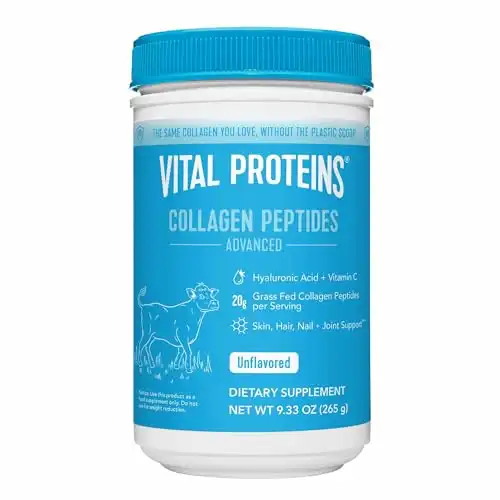
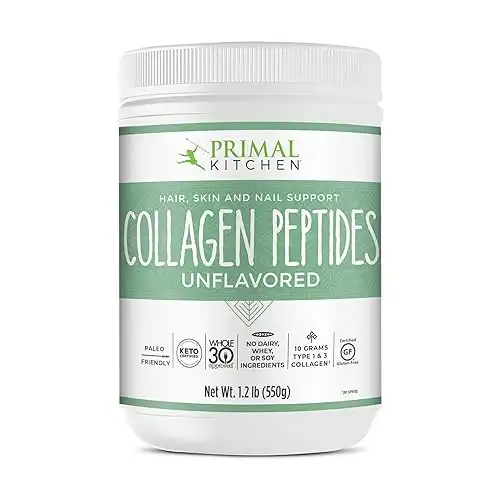
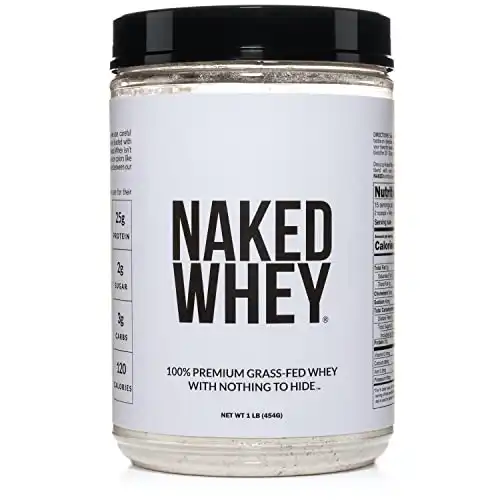
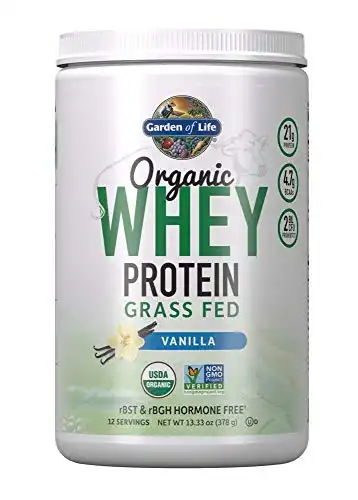


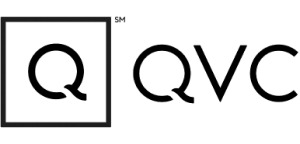
Yes!! I have been taking collagen for a year now. Actually been using the powder form shown above too. I am 35, and have noticed a huge difference in skin, hair, nails and even joints. My skin heals faster too.
I am new to collagen information, but I am quite interested. Can you explain why Chris takes all four of the above collagen supplements? Does she take these everyday or are some only used when she makes the smoothies? Are they good for both men and women? How much collagen is a healthy amount to take daily? Thank you for the article. It was very informative.
Hi Terri – if you look back at the article, collagen types 1 + 3 have a different purpose than type 2 collagen. And Hylauronic acid accelerates the absorption of vitamins in the body. I take collagen every day and it’s typically recommended to take between 5,000mg-15,000mg depending on your age and needs.
Interesting article! When does Chris take them in the course of the day? All of the bottles say to take on an empty stomach (including the powder), but you can’t take types 1&3 with type 2. Does she take one type in the morning before breakfasts (on an empty stomach) and the other type before dinner (on an empty stomach)? And when do you take the Hylauronic acid? Thanks!
Hi Lisa – I actually take the 1 and 2 in the morning when I remember and type 3 with Hylauronic acid before bed – that has worked for me!
Hi,
How do i take collagen type 1&3???How many tablets do i take
Thanks
Hi Joanne – you can take it in pill or powder form. Whatever type/brand you choose will have instructions on how much to take. Thanks!
I read on the internet that taking over 8 grams of collagen, might lead to breast cancer. Is that true?
Hi Rita – I have never heard of this nor done research on it myself. If you heard it from a valid source, it may be worth asking your doctor, however there are lots of things on the internet that aren’t always true so you may want to dig deeper!
I understand 1,2 and 3 collagen and what each does , but can u take all three at the same timep
Hi Pam – we’ve heard some people suggest taking 1 & 3 separately from type 2 and you’ll most often see types 1 & 3 grouped together, however there are also products that contain all three (Vital Protein Bone Broth Collagen) so there’s no harm in taking all three at the same time depending on your goals.
This article is really very interesting and effective.
Good Luck with the upcoming update. This article is really very interesting and effective.
Hi
I have joint pains and will start having collagen .
If i wish to take 1 and 3 too can i have both 2 and 1 n 3?
You can absolutely take Collagen 1,2 and 3 … And also remember to move your body – I always say “motion is lotion” – if your joints are stiff and sore – motion / movement will lubricate your joints naturally!!! SO do some yoga, stretching, etc.
What one of the pills or powder do you take for collagen 2? My joints pop a lot…
I’m also interested in 1&3 but it that just too much to take? It said 1&3 are typically in the same powder so that makes it easier. When I clicked on the links of what Chris takes they all appeared to be 1&3.
Thank you for and clarification.
Hi there – hoping to answer some of your questions about the type of collagen that I like and take! Type 2 from the brand I like:
https://amzn.to/408sAlr
There are some complex powders that have all the types of collagen in them – this one is well reviewed:
https://amzn.to/3ldTOs0